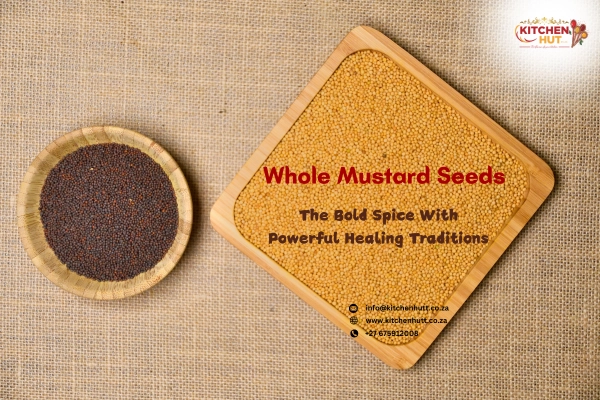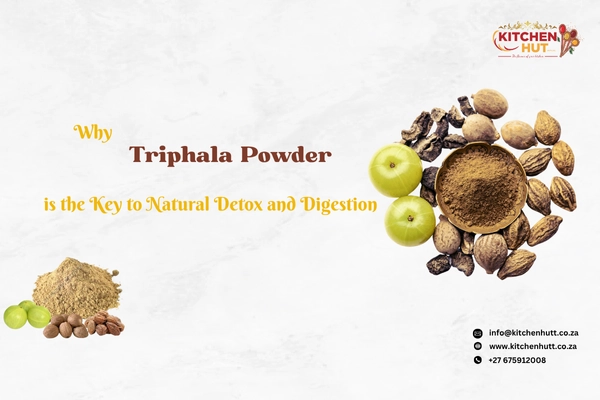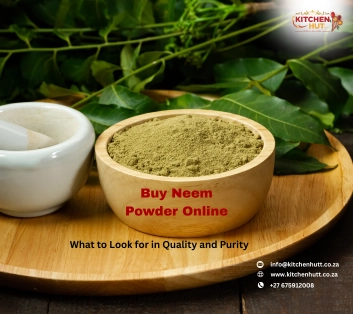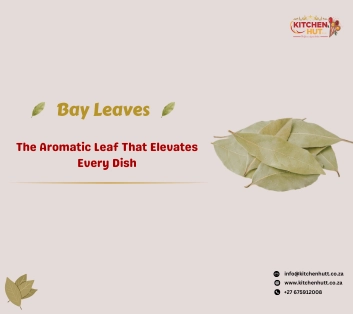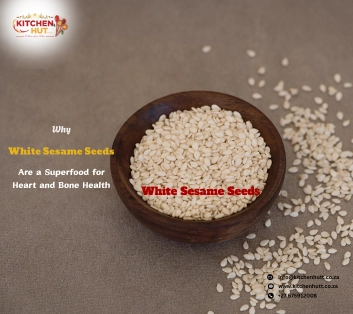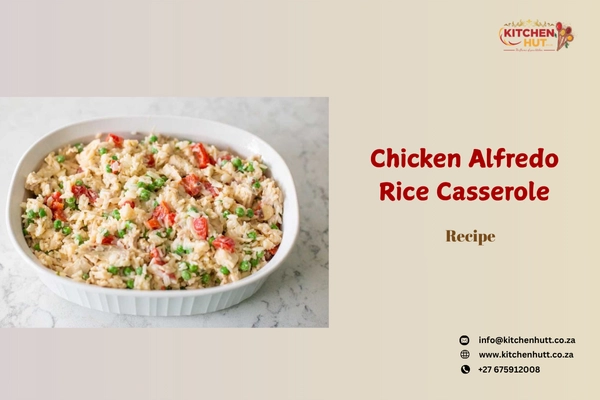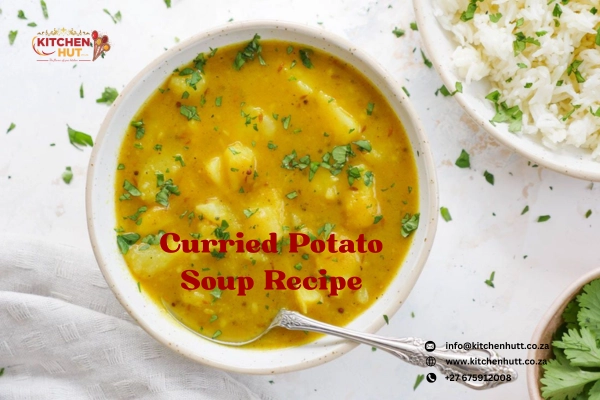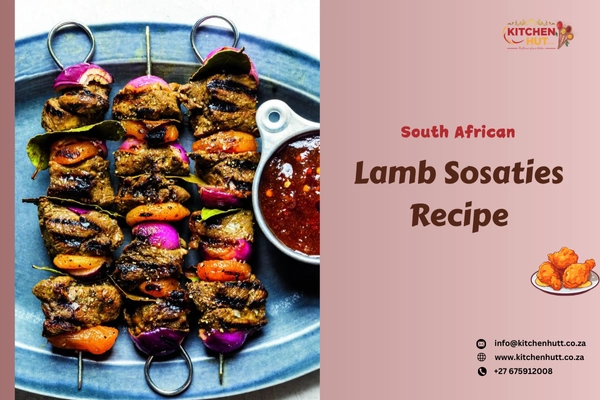Freshly Packed • Quality Assured • Reliable Delivery
How to Deal with Spice Adulteration in Bulk Spice Trading?
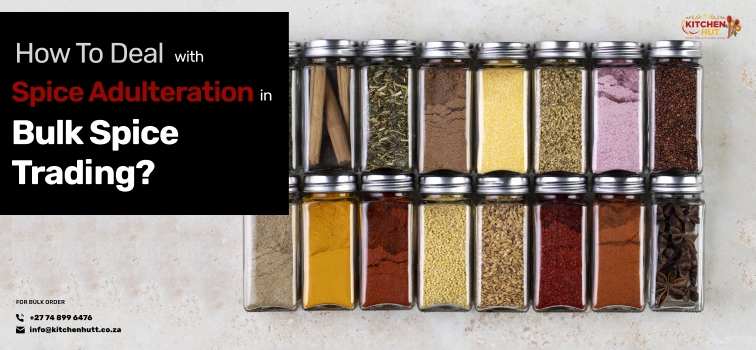
Spice adulteration is an age-old issue that has been done for centuries. In 300 BCE, Greek botanists raised concerns about the impurity of black pepper. From the ancient age to the current time, nothing has changed. A recent study done by EU researchers revealed that 17% of spices contained ingredients other than the herb that customers thought they were buying.
Adulteration is more common in wholesale businesses. So, if you are in a retailer, hospitality business, or manufacturer and often buy Indian spices in bulk, make sure you choose a reliable wholesale spice supplier. In this article, we will discuss spice adulteration, why it is done, how it affects us, and how we identify the authenticity of various spices.
What is Spice Adulteration?
Spice adulteration is the process of mixing pure spices with various materials to increase the amount or give them an appealing appearance. Although spice adulteration is prevalent across every form, ground spices are more prone to this due to their unverifiability through senses.
Why is spice adulteration done?
Spice adulteration is mainly done for economic gains. It is an excellent tactic to increase the amount of spice or enhance the appearance to fraud customers into buying authentic spices. Natural herbs are hard to grow and need highly optimal weather, space, soil, and water conditions. This makes spices expensive. Vendors mix similar-looking materials that are cheaper than the spice to fool customers.
They sell these adulterated spices at the same rates as pure ones to gain more value. This often happens with costly and rare spices such as saffron. Sometimes the keen senses may be able to recognize the contamination easily. But sometimes, even lab tests fail to identify whether the herb is adulterated. This usually occurs when spices are combined with other parts of a similar plant.
How adulterated spices affect us?
Adulteration is often done with artificial, lab-made materials that are harmful to health when consumed for prolonged periods. Ingenuine spices may cause curable health issues such as nausea, vomiting, diarrhea, ulcers, etc. But sometimes, they can cause chronic diseases such as stomach disorders, liver diseases, kidney stones, neurotoxicity, and even cancer.
However, there is nothing much to worry about. Now food safety authorities have become more strict against adulteration and impose firm rules and fines on the culprits. As a result, adulteration has indeed decreased significantly. But it is still performed at many warehouses, and you should be able to verify the product you are buying for adulteration.
List of spices, their adulterants, & how to identify them
Sadly, despite the government's harsh rules and regulations, spice adulterations still exist. As having an innate human nature to find solutions to everything, the vendors practicing adulteration have found more ways to contaminate food. Fortunately, you can identify such spices with some knowledge and keen senses. Here are some common herbs, their contaminants, and how you can recognize them.
Black pepper
Black pepper is one of the most contaminated spices in the world. Once, this was as valuable as gold. Though now it has ceased to be the "black gold" - as the Romans and greeks used to call it back then - it is still expensive and often gets contaminated. Black pepper often gets mixed with dried papaya seeds due to their similarity in appearance. However, you can easily distinguish the black pepper from papaya seeds as the seeds have a green or brownish-black color and oblong shape.
Cloves
Cloves don't have any lookalike alternative, so they don't get mixed with other materials. But they get adulterated with exhaust cloves. Exhaust cloves are the remainder buds after extracting all the essential oil out of them. Essentially, these are cloves only, but they lose their flavor and shrink in size as the oils are taken out. This is also easily identifiable as buds are smaller than usual and have a milder aroma or lack it entirely.
Cinnamon
Cinnamon has an alternative, cheap version called cassia roll, which is often tossed as cinnamon in the market. To identify real cinnamon, look for the thinness of the bark. True cinnamon has a thin body and can easily be rolled around in pencil. In contrast, cassia bark has a thick body that breaks if twisted.
Chilli powder
Chilli powder is often mixed with brick powder, salt powder, or talc powder. While salt powder or talc powder is a little trickier to identify without lab testing, brick powder contamination is easier. Just rub a pinch of chili powder on any glass surface. If you feel any grittiness, it indicates brick powder or sand.
Turmeric powder
Turmeric powder gets mixed with yellow metanil, chalk powder, or yellow soapstone powder. All these contaminants require lab testing.
What can you do?
If you find contaminants in your products, you should report the vendor to authorities. However, numerous vendors are doing this and probably won't stop until strict actions are taken.
The best you can do is choose the right wholesale spice supplier to buy Indian spices in bulk. Conduct extensive research before dealing with the distributor. Get reviews directly from other customers and ensure the provider's genuinity.
Whether you are a retailer, manufacturer, or hospitality business, considering the authenticity of the spices you use is vital to secure customers' health and your credibility.


